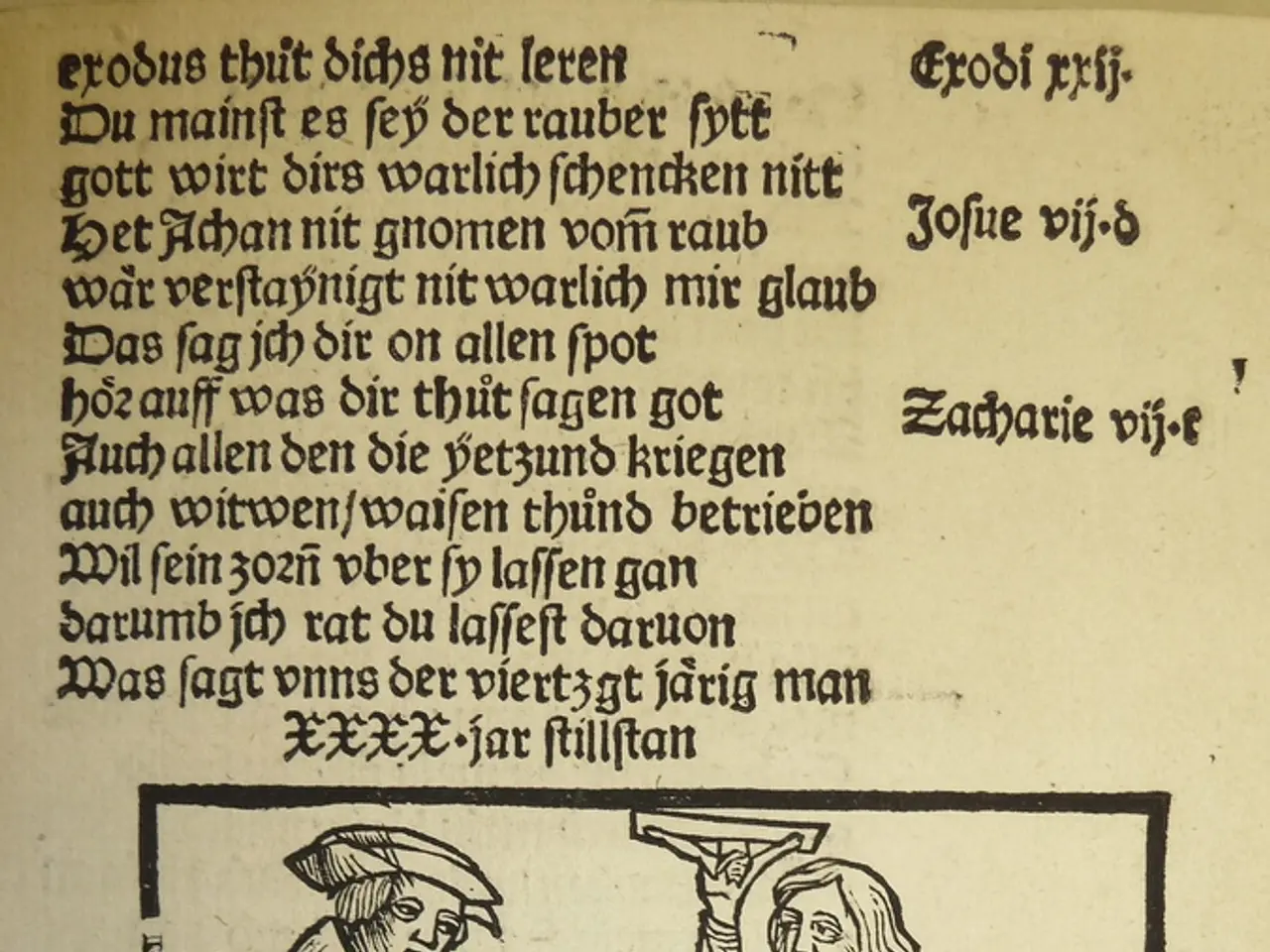Investigating the Potential Impacts of Loans on Academic Performance
The Unified State Exam (USE), a standardized test essential for high school graduation and university admission in Russia, has recently undergone adjustments in its evaluation criteria, particularly concerning the use of foreign loanwords. This shift has sparked debate within society, as the focus is on fostering linguistic responsibility among graduates rather than on restrictions.
The changes align with state-supported efforts to maintain the integrity and richness of the Russian language. By encouraging the use of proper Russian terminology, the updated requirements aim to ensure students demonstrate not only comprehension and creativity but also a firm grasp of the standard language. This is crucial, as many advanced textbooks and scholarly communications are in Russian.
The emphasis on language purity is rooted in the desire to preserve the country's literary tradition. Respectful mention of classics and cultural phenomena is now emphasized, with the role of borrowed vocabulary being particularly contentious. While the new requirements do not explicitly prohibit borrowings, they emphasize their stylistic appropriateness and thoughtful use.
In the context of official-business and scientific styles, adherence to language norms is a focus in the updated requirements. Linguistic precision is valued, with Russian-language equivalents of borrowings preferred. Using foreign words when Russian equivalents exist may now be considered a stylistic error.
If students use excessive or inappropriate borrowed vocabulary where standard Russian alternatives exist, this may be noted as a stylistic or lexical error, potentially leading to a reduction in scores—especially in essays, oral responses, or tasks requiring argumentation and summary. The specific weight of such errors varies by year and subject, but the intent is to reinforce language discipline and discourage the casual use of foreign terms without necessity.
In summary, the new criteria for the USE are designed to promote linguistic purity, strengthen academic Russian proficiency, prepare students for university expectations, and ensure clarity in academic communication. The focus is on mastery of literary language norms as an indicator of cultural and social maturity. While the specific impact on final scores remains to be seen, the changes underscore a broader concern within Russian education policy regarding the increasing use of foreign loanwords and neologisms in Russian academic writing and public discourse.
[1] UGC NET Russian: A different exam, but the reasoning behind the new criteria for the USE is consistent with widely reported trends in Russian educational policy regarding language use.
- The updated requirements for the Unified State Exam (USE) reflect a focus on education-and-self-development, aiming to instill a firm grasp of the Russian language in students, promoting personal-growth and ensuring academic proficiency.
- In line with the ongoing debate within Russian society, the changes in the USE evaluation criteria emphasize the use of proper Russian terminology for learning, not just for linguistic responsibility among graduates but also as a tool for fostering a clear and cultured academic communication style.




